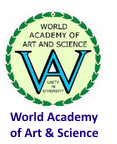 |
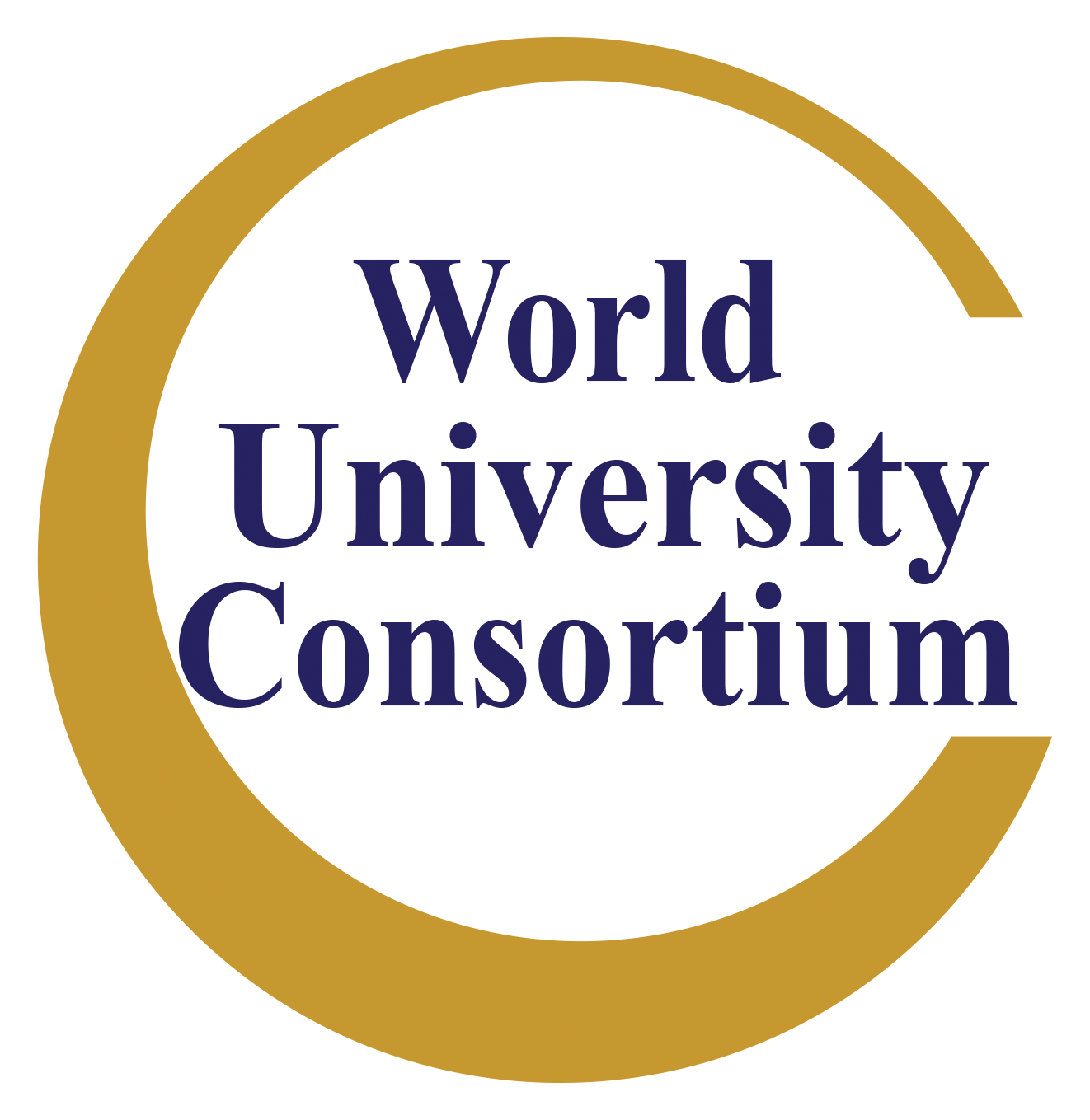 |
 |
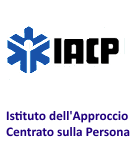 |
 |
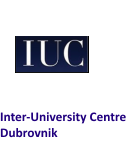 |
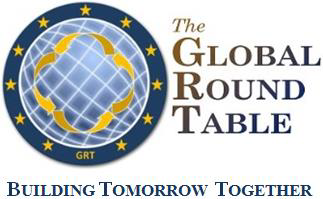 |
Round table on the Future of Democracy: Challenges & Opportunities
Inter-University Centre, Dubrovnik – April 3-5, 2018
Democracy is under siege. Traditional bastions of liberal democracy are faltering. Young democracies are reverting to their authoritarian pasts. Populism, corporatization of the media, fake news, retreat from globalism, oligarchy, corruption and other perils are undermining fairness, effectiveness and truthfulness. Just when it appeared that the world was converging on a universal set of values and standards for governance at the national and international level, fundamental questions are being raised regarding the viability and sustainability of democratic institutions. Recent events raise fundamental questions regarding the institutions of governance and also about the underlying social, psychological, cultural and evolutionary processes that determine how these institutions function.
Is democracy in its current form really the most viable and effective system of governance? Are human beings sufficiently rational and selfless to govern themselves justly and effectively? Is the future of democracy at the national level compatible with the persistence of non-democratic institutions at the international level? By what process has the distribution of social power shifted from army, monarchy, aristocracy to democracy and how is that process likely to evolve further in future? To what extent are the institutional problems confronting democracy today reflections of underlying social, psychological and cultural factors and processes? What proven and potential safeguards and remedies are available to address the failures and insufficiencies of contemporary democracies? Is democracy the best possible system or merely a stage in the evolution of governance toward something more stable, an effective and equitable system? These are a few of the questions explored during this three-day meeting.
Following the end of the Cold War and the collapse of communist regimes in Eastern Europe and elsewhere, it appeared that democracy had finally established itself as the unquestioned victor in the governance contest, both in terms of acceptability and efficacy. Recent developments are challenging both these claims. The phenomenal developmental achievements of state capitalism coupled with authoritarian rule in China, the unashamed retreat from democracy in Turkey, the backlash against social democratic principles in Eastern Europe, the resurgence of populism, the rising power of corruption and legally-sanctioned oligarchy and plutocracy in the republics of the former Soviet Union, state capture in South Africa, the tension between national and regional interests and priorities in the European Union, and the dramatic deterioration of democratic practices in USA are posing heightened challenges to the acceptance, effectiveness and resilience of democracy.
This three day roundtable explored the evolutionary origins of democratic forms of government; their strengths and weaknesses in promoting stable inclusive societies, human welfare and well-being; the continued struggle over the distribution of power, rights and benefits in modern societies; the challenges posed by globalization, immigration, technological advances, money power, social media and resurgent nationalism; available policies and proven mechanisms to enhance their effectiveness and reinforce underlying democratic principles; and evolutionary alternatives that might gradually supplant the forms of democracy prevalent today.
The meeting consisted of facilitated discussions centering on 10 major groups of issues plus an introductory session and a final discussion to frame conclusions and next steps. The format was highly interactive: short presentations combined with open discussion. Each session was introduced by a moderator making brief opening remarks and posing fundamental questions to be explored during the session.